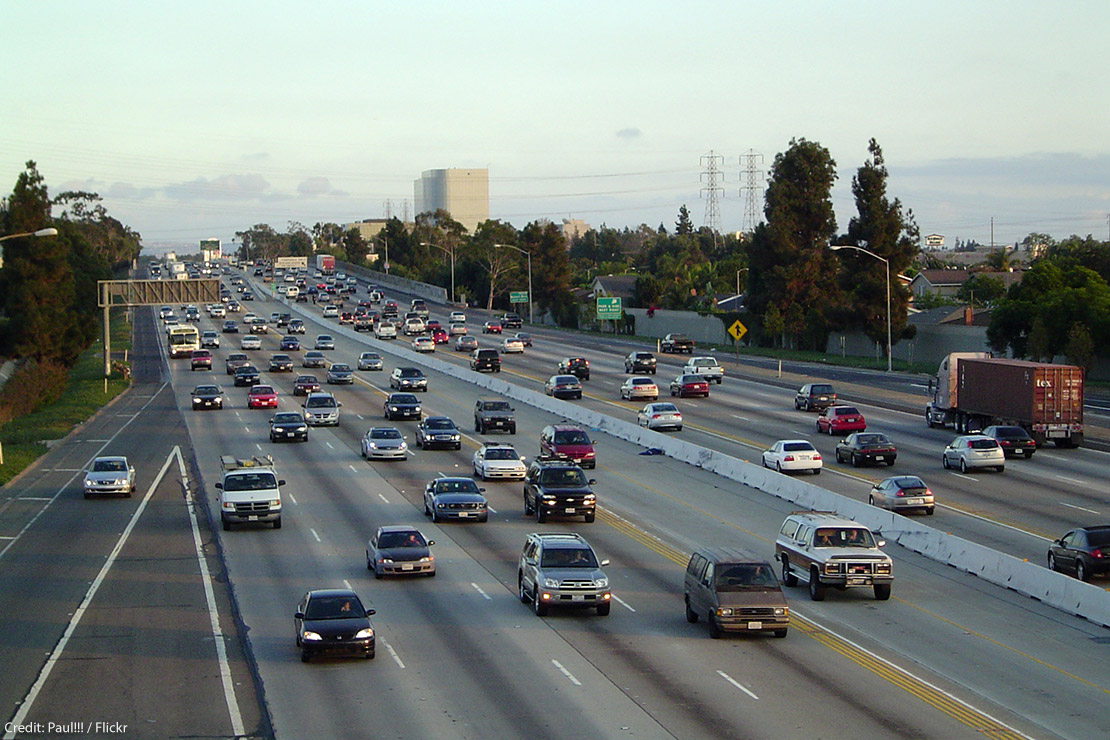I don’t normally post or comment on political threads but I think things are really getting way out of control.
Same here; however, 20 years in the auto industry, so I do have some opinions.
All cars sold today have OBD II (on-board diagnostic); OBD III has been proposed/existed for decades, and would report emissions violations directly to the state DMV... with a variety of consequences. The technology for LEOs to remotely disable autos already exists (think over-the-air update), but there are liability concerns when you cut power to a vehicle moving at 90mph.
Ford is proposing in-vehicle security systems (so you can safely leave your MacBook on the passenger seat), which would incorporate - yup - cameras, recording/logging footage/data.
Some of the larger auto insurance carriers promise to discount your rate if you plug in a monitor to your OBD II port (lower left under the steering wheel on all cars), which of course reports all your driving data/habits (how often you speed) to the people that set your insurance rates.
That said, they're focusing on the wrong thing. I review about a dozen police accident reports every day, and while many list DUI/DWI as the main factor many more mention cell phones.
What they should do is mandate all cars to have bluetooth, all phones to be compatible, and if the car detects your phone it locks the phone and forces you to use the controls on the dash/steering wheel


